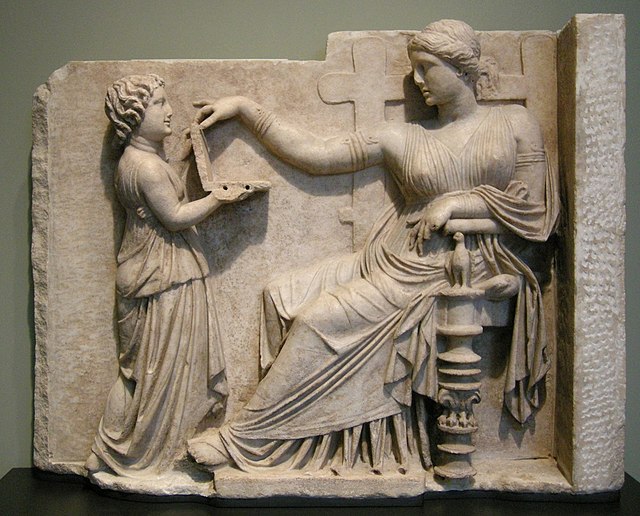In Ancient Rome, the Latin term civitas, according to Cicero in the time of the late Roman Republic, was the social body of the cives, or citizens, united by law. It is the law that binds them together, giving them responsibilities on the one hand and rights of citizenship on the other. The agreement has a life of its own, creating a res publica or "public entity", into which individuals are born or accepted, and from which they die or are ejected. The civitas is not just the collective body of all the citizens, it is the contract binding them all together, because each of them is a civis.
A Roman military diploma, or certificate of successful military service, granting citizenship to a retiring soldier and the dependents he had with him at the time. The key phrase is "est civitas eis data" where civitas means "citizenship".
Citizenship is a membership and allegiance to a sovereign state.
Geoffrey Hosking suggests that fear of being enslaved was a central motivating force for the development of the Greek sense of citizenship. Sculpture: a Greek woman being served by a slave-child.
Portrait of Dred Scott, the plaintiff in the infamous Dred Scott v. Sandford case at the Supreme Court of the United States, commissioned by a "group of Negro citizens" and presented to the Missouri Historical Society, St. Louis, in 1888
Citizenship ceremony on beach near Cooktown, Queensland. 2012
Diagram of relationship between; Citizens, Politicians + Laws





